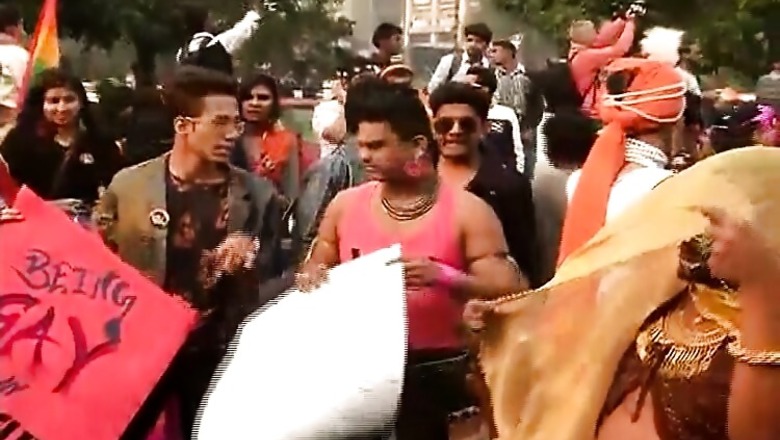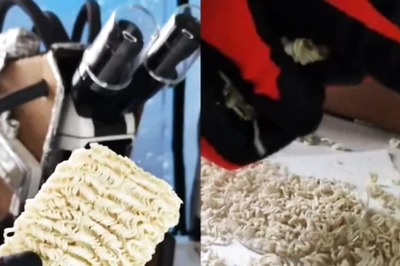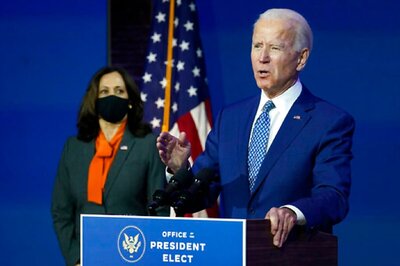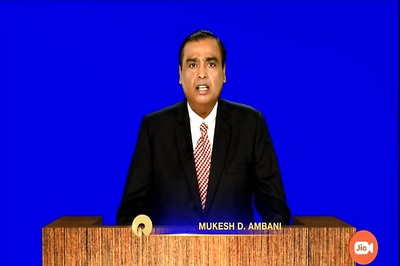
views
The Supreme Court on Tuesday referred to a five-judge bench a curative petition against Section 377 of the Indian Penal Code which criminalises homosexuality.
The decision by a bench headed by Chief Justice TS Thakur was immediately welcomed by gay rights activists across the country as it reopens the legal debate on homosexuality.
The apex court clubbed together 8 curative petitions filed by gay rights activists and NGO Naz Foundation against the apex court's December 11, 2013 judgement upholding validity of section 377 (unnatural sexual offences) of IPC and the January 2014 order, by which it had dismissed a bunch of review petitions.
A curative petition is the last judicial resort available for redressal of grievances in court which is normally decided by judges in-chamber.
The petitioners, including the NGO, which has been spearheading the legal battle on behalf of lesbian, gay, bisexual, and transgender (LGBT) community, contended that there was an error in the judgement delivered on December 11, 2013 as it was based on an old law.
They had submitted that criminalising gay sex amounts to violation of fundamental rights of the LGBT community.
"The judgement was reserved on March 27, 2012 but the verdict was delivered after around 21 months and during this period lots of changes took place including amendment in laws which were not considered by the bench which delivered the judgement," the plea had said.
The gay rights activists had said thousands from the LGBT community became open about their sexual identity during the past four years after high court decriminalised gay sex and they were now facing the threat of being prosecuted.
Recently vigils were held at eight cities to demand basic human rights for the community.




















Comments
0 comment